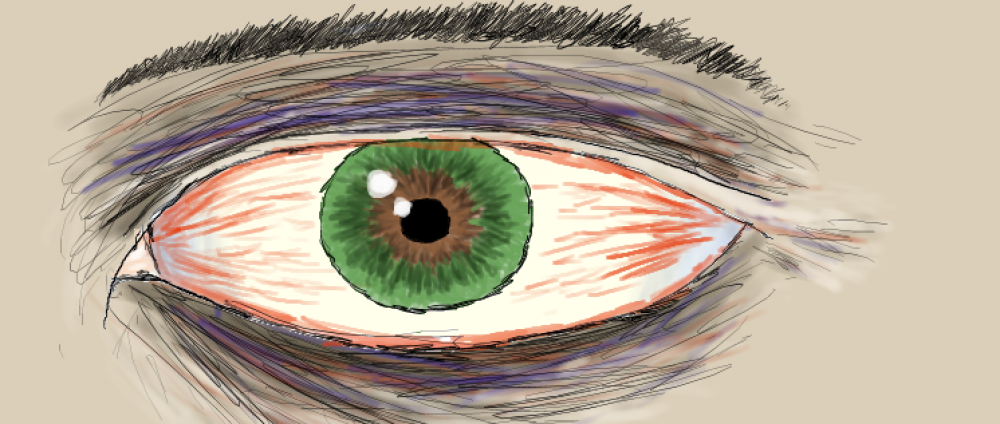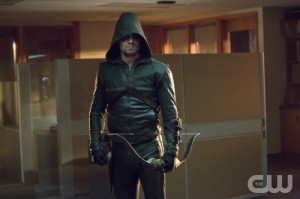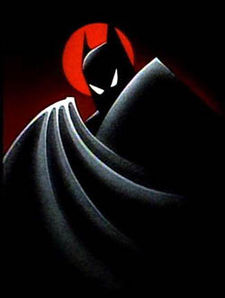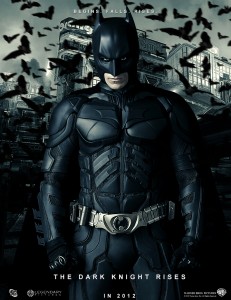What does it mean to be “sorry”? As a Canadian, I know that our greatest verbal tick isn’t “eh”, it’s “sorry” – when two Canadians bump into each other, both generally apologize. When someone suffers a tragedy, our first response is “Oh! I am so sorry!” “Sorry”, then, has two common meanings – “apology” and “condolence”. My nesting partner1 and I will sometimes say “I’m sorry(condolence)” or “I’m sorry(apology)” to be clear which we mean, to remove ambiguity between “I am sorry that you feel bad” and “I am sorry my actions resulted in you feeling bad”.
I’m interested in exploring, right now, the idea of apology. An apology is an expression of regret for one’s actions. When one messes up and does another harm, there’s a social expectation that one will provide an apology. Terms for people who cause harm and refuse to apologize tend to start with “jerk” and grow increasingly pejorative.
Which is, of course, one of the reasons for giving an apology – social expectation. One might apologize to soften the social stigma of being known as one who does others undeserved harm 2. Here, there’s a frequent clear difference between a person who apologizes because they actually feel bad about their actions, and a person who apologizes because they want out of the social pressure. The famous “non-apology” where one is “sorry if anyone was offended”, which refuses to take responsibility for the harm done by the action in question. The thing regretted in this case is the reaction to the person’s action, rather than the action itself. Consider the apologies from Chris Evans and Jeremy Renner here.
A second motivation for apologizing is to request forgiveness. “I regret that my actions caused you harm, and would like to be able to continue our relationship3.” I have heard, several times, people who have been victims of crime talking about the value of forgiveness for them. Forgiving the person who did them harm (their attacker, or the person who murdered their family member) is sometimes something that is done so that the victim can let go of the hate and anger and move on with their life. In the case of a pre-existing relationship, it may be so that the relationship can move forward without being entirely defined by the harm done.
Finally, there is the desire to be free of guilt. Much like forgiveness can be about letting go of hate and anger, apologizing can be about letting go of guilt and shame. Which is to say, apologizing because you want to feel better. This can link to forgiveness; in some cases, one wants to be forgiven to be given permission to stop feeling guilt and shame over the actions done. In other cases, the act of the apology itself can give that cathartic release. The trick here is that an apology generally needs to be offered to someone. Whether the apologizer needs forgiveness or not, I’m reminded of a bit of dialog from Buffy the Vampire Slayer;
Willow: But maybe if we talk about it, we could…
Oz: Look… I’m sorry this is hard for you. But I told you what I need.
So I can’t help feeling like the reason you want to talk is so you can
feel better about yourself. That’s not my problem.
If you’ve wronged someone, and it’s not a public issue, the first reason for apologizing isn’t relevant. If the person you’ve wronged doesn’t need to forgive you to move forward in their life, they don’t have any reason to want or need your apology. At that point, all the apology is doing is demanding permission from the person you’ve harmed to feel better about yourself.
And that’s not their problem.
Sometimes we hurt people we care about in the pursuit of our own desires, and there’s nothing to be done about it. It can’t be made right, and forgiveness is not owed. In the end, we all have to bear the burden of the sins we’ve committed until we’re crushed beneath the weight of all the ill we’ve done in the world.
1Trying out some new vocabulary here – the partner I live with.
2Leaving aside, for the moment, the definition of “undeserved harm” vs. “deserved harm” in the public eye.
3Whatever that relationship is; lovers, friends, coworkers, star-to-fan, etc.



